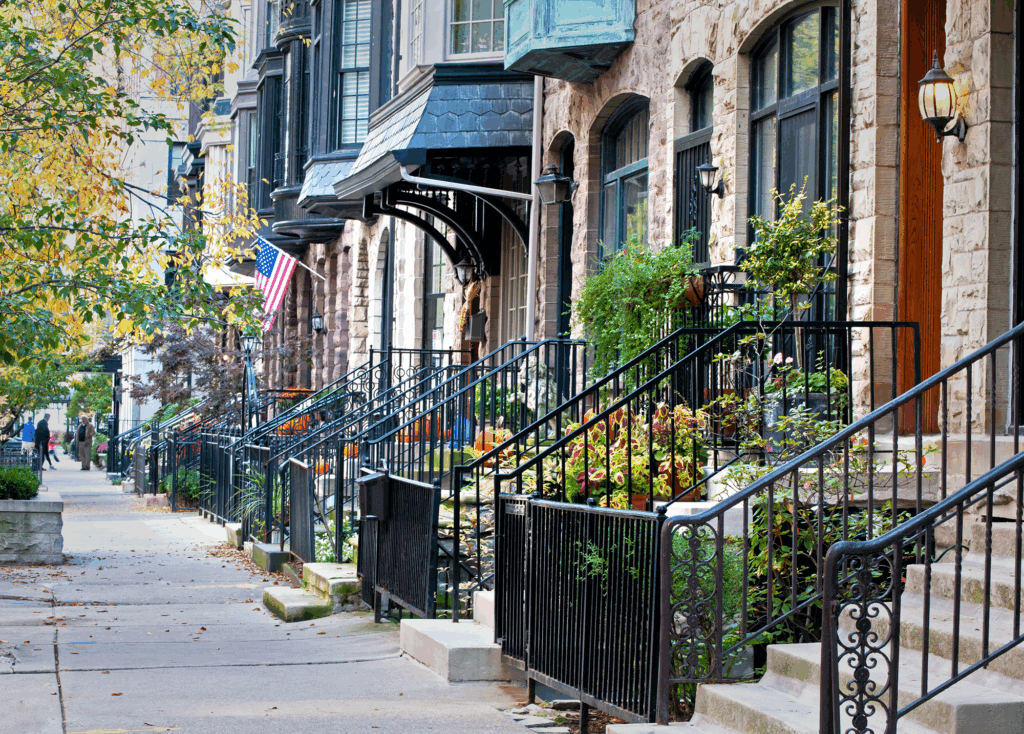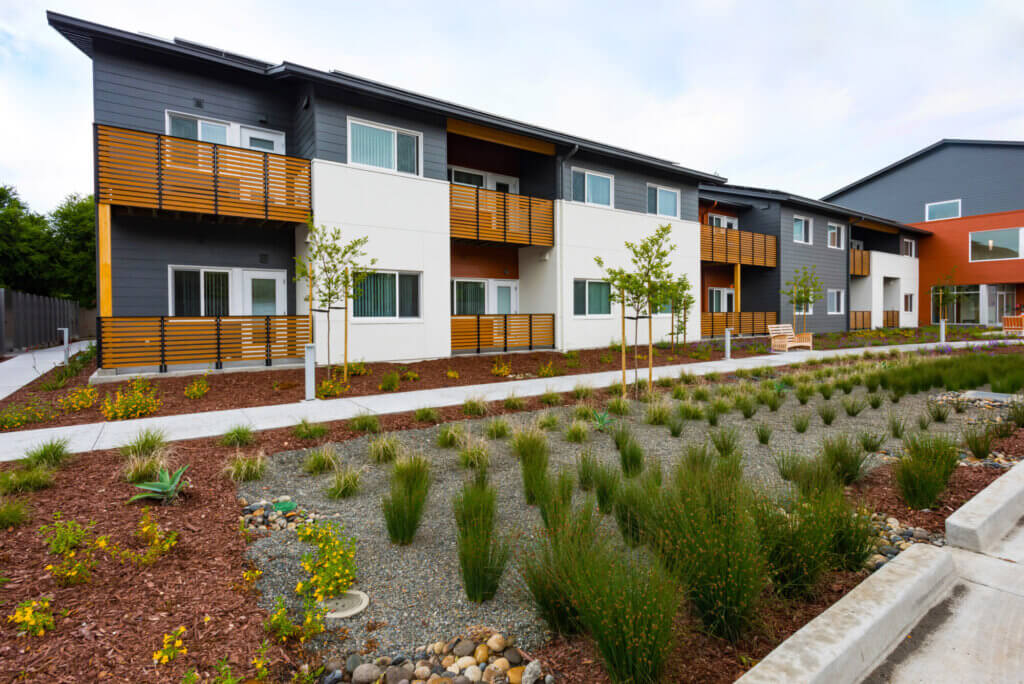NAHREP and Terner Center Survey Highlights the Impact of COVID-19 Pandemic on Small Landlords
Published On July 28, 2020
The National Association of Hispanic Real Estate Professionals (NAHREP) and UC Berkeley’s Terner Center for Housing Innovation partnered to survey NAHREP’s membership to gauge the experiences of small “mom and pop” landlords during the pandemic. The responses indicate great concern as much of the CARES Act’s support expires, and the need for targeted assistance grows.
As the COVID-19 pandemic continues, renters have been disproportionately impacted by job losses given that they are more likely to be employed in industries hit hardest by the effects of stay-at-home orders. While the tenants in larger apartment buildings have largely been able to pay the rent, less is known about how smaller landlords are faring. This joint survey explores these concerns and finds:
- The large majority (67%) of landlords who own or manage fewer than 20 units expect to derive at least one-fourth of their retirement income from their rental properties
- The majority of respondents reported that rent collections are down compared to the prior quarter, and 1 in 4 have already borrowed funds to cover operating costs
- Only 3 out of 5 respondents expressed some level of confidence in being able to cover their costs over the next three months, and 4 out of 5 said they would be interested in a government loan program to help landlords
As the COVID-19 pandemic continues and confirmed cases of the virus in the U.S. have surpassed 4 million, the nation has seen 18 consecutive weeks of unemployment claims that have been more than twice the number reported during the worst week of the Great Recession. For many of these small “mom and pop” landlords, the vast majority of rental income goes to mortgages, property taxes, payroll and repairs. Without support, these property owners will be forced to sell—or be foreclosed upon—if they have no path forward to make ends meet.
“For years, we’ve been encouraging our NAHREP members to invest in real estate and rental properties as a means to build wealth. There is no daylight between these landlords of a handful of rental properties, and the struggling small businesses the nation is working to keep afloat. We must create a program to sustain these property owners through the pandemic, while protecting the tenants that live in them, or else risk seeing these individuals lose the little wealth they’ve created to large investors,” said Sara Rodriguez, 2020 President of the National Association of Hispanic Real Estate Professionals.
“The COVID-19 pandemic has brought into stark relief an affordability crisis whose origins go back decades. Small-scale rental properties have historically been a bastion for unsubsidized naturally affordable rents, but they are less likely to have the wherewithal to weather shortfalls in rental income. While the primary response to the current crisis must be large scale rental assistance to tenants, we must also look closely at policy responses to protect and preserve this critical stock of naturally affordable housing,” said Ben Metcalf, Managing Director of the Terner Center for Housing Innovation at the University of California Berkeley.
The survey was administered between June 29, 2020 and July 9, 2020 and received 620 responses, of which 380 came from owners or managers of rental properties. The fact sheet of results is available here.





